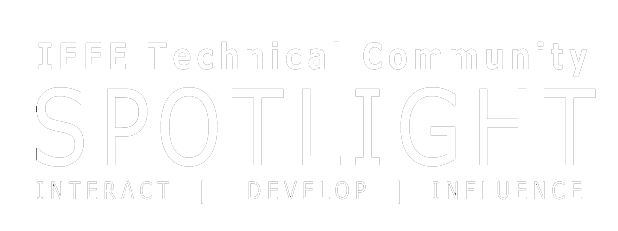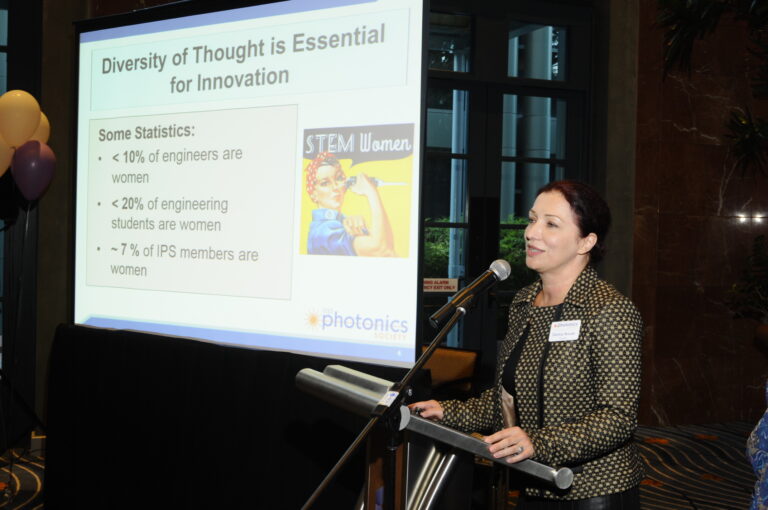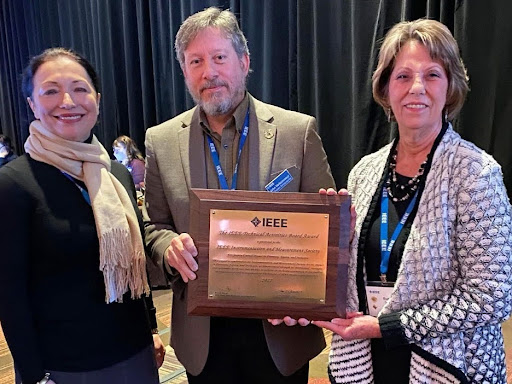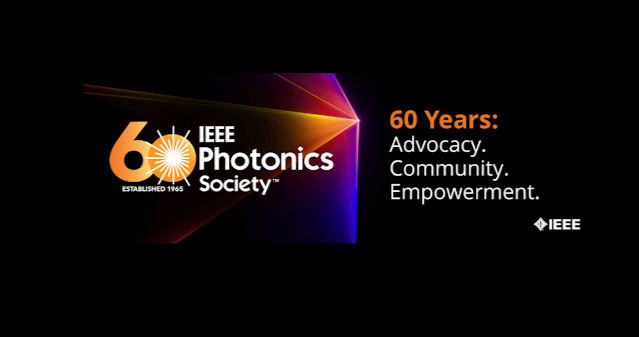By Rachel Warnick, Director, Education, Strategy, Marketing & Governance, IEEE Educational Activities

With the deep technical knowledge and educational offerings coming from IEEE Technical Activities’ Societies, Councils and Communities, the opportunity to impact learners from school-age to professionals can be leveraged by partnering with IEEE Educational Activities (EA).
“EA has programs already in place, so that your Society can impact individuals and communities beyond your Membership, engaging your brand with pre-university teachers and STEM enthusiasts, university student,s and learners who are looking for professional education and training in your fields of interest,” said Tim Kurzweg, IEEE Educational Activities Board Vice President. “Working with IEEE TryEngineering, EPICS in IEEE, IEEE-Eta Kappa Nu, the IEEE Learning Network and more, is easy and allows Society volunteers and staff to leverage the support of EA’s committees, staff team and program infrastructure.”
Partnerships with Educational Activities can enable your unit to connect with ready-to-implement programs that streamline volunteer and staff engagement to maximize efficiency, increase impact, and expand awareness of your unit’s educational programs overall. Nearly all IEEE Societies work with Educational Activities in some way, so here are ways you can, too.
Working together, IEEE Societies are engaged in activities that support pre-university students through STEM outreach. This includes lesson plans and ebook collections available on TryEngineering.org. Dedicated “collections” allow Societies and partners to bring together resources with a common theme – your technology area!
Empowering university students to work along with community partners on projects, again in areas that align with your Society, can be realized through the EPICS in IEEE program. Partners like IEEE Societies establish and fund projects that blend technology and service-learning education to develop innovative solutions that transform communities around the world. The program application and selection process, as well as project reporting and metrics delivery are all supported by Educational Activities and Society partners can engage at various levels, aligning to their goals.
As we know, benefiting humanity includes ensuring pre-university students are prepared for the future ahead by helping them develop the knowledge and skills they need, and for some students, it isn’t easy. An area of growing impact from IEEE Societies that has a direct and life-changing impact for underresourced students is the IEEE TryEngineeering Summer Institute Scholarship Program. These scholarships fund students in financial need to experience a fully immersed, collegiate engineering experience for students from 13-17 years of age. Through this support from IEEE Technical Activities (TA), Societies, and Councils, over 25 students attended TESI in locations throughout the US, including the University of San Diego, Columbia University, the University of Pennsylvania, and Rice University in 2025. Additionall,y at Georgia Tech, a full cohort of 20 students participated in the program, fostering their engineering skills and exposing them to real-world STEM careers.
These are some great examples of how Technical Activities, Societies, Councils, and Communities are partnering with EA on activities that align with the IEEE Strategic five-year goal to Inspire intellectual curiosity and support discovery and invention to engage the next generation of technology innovators.
For IEEE Societies, empowering professionals with relevant knowledge and life-long development is key to their missions,, and many are doing so in conjunction with IEEE Educational Activities. Over 30 Societies and Communities provide professional development and training offerings through the IEEE Learning Network – ILN. Another way, practicing engineers are supported through collaboration are IEEE Credentials administered by Educational Activities, where Societies add value to their events, conferences, or courses by offering certificates with credits such as (PDHs) or (CEUs), digital badges and microcredentials for the skilled labor market. Educational Activities has structures and processes in place that ensure your Society’s educational offerings are available to Members and audiences beyond, provide added value, and can even help develop eLearning.
Beyond education programs, IEEE Technical Activities and Society volunteer leaders collaborate with the IEEE Educational Activities Board and committee volunteers through the IEEE Education and Training Forum, a series of webinars designed for IEEE Volunteers that are tasked with creating and running education and training programs for their IEEE units. Most recently, the July 2025 Forum highlighted: How to find funding for IEEE education projects; How to find partners for content and to volunteer for education and training initiatives, and High-impact, low-cost ways to market educational events and programs. The recording and resource links are available here, and mark your calendar for the 23 October webinar as details will be shared soon!
Volunteers and staff from nearly every Society as well as Councils and Communities are working with EA to implement programs, deliver technical content, and ultimately educate their Members, IEEE Members and future engineers. If you would like to discuss ways to work in partnership with IEEE Educational Activities, contact Jamie Moesch, Managing Director EA ().






One Response
Hello,
My name is Livia Castro. I am an engineer and professor at Folsom Lake College. I am interested in participating and, hopefully, putting up an IEEE Learning Network at FLC to help the community and encourage students from nearby high schools to pursue engineering. Can you please let me know more about the STEM Program? Thank you!